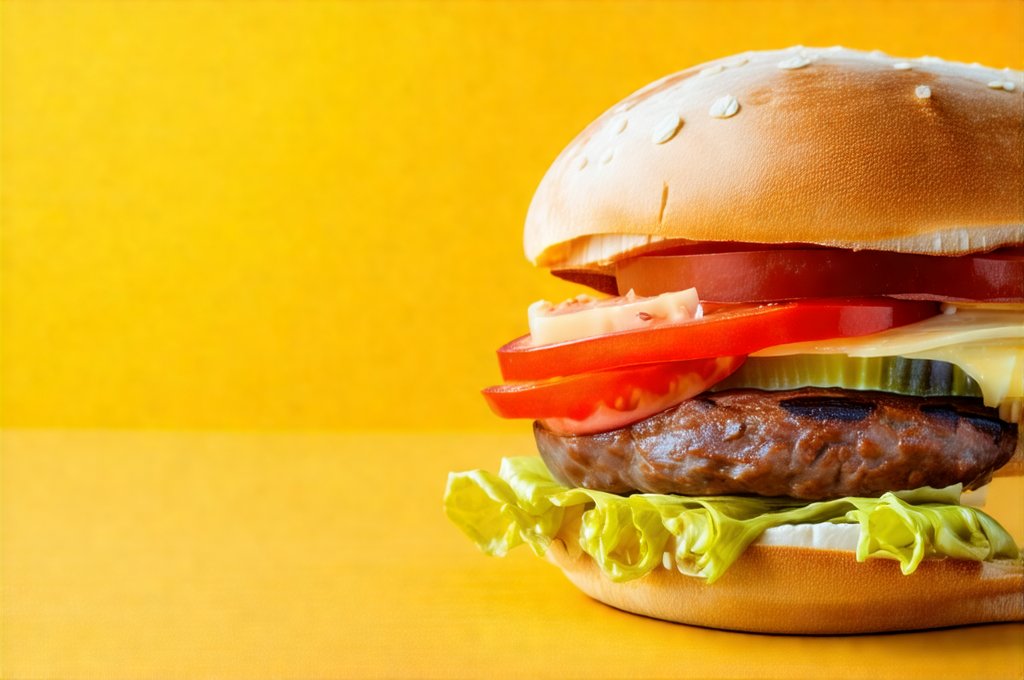Our modern lifestyles often revolve around constant access to food, leading many of us to snack frequently throughout the day. While seemingly harmless, this habit raises an important question: can frequent snacking actually disrupt our gut health? The digestive system is a complex ecosystem, finely tuned to respond to periods of eating and resting. Constant stimulation from snacks may interfere with these natural processes, potentially leading to discomfort and long-term issues. It’s not necessarily about what we snack on (although that plays a role), but rather the frequency itself, and how it impacts the delicate balance within our gut microbiome and digestive function.
The implications of frequent snacking extend beyond just immediate discomfort like bloating or gas. Chronic disruption to gut health can impact nutrient absorption, immune function, and even mental wellbeing – all interconnected aspects of overall health. Many factors influence gut health, including diet, stress levels, sleep patterns, and medication use. Frequent snacking introduces another potential variable that may exacerbate existing issues or contribute to new ones. Understanding the ways in which this habit impacts our digestive system can empower us to make informed choices about our eating habits and prioritize a healthier relationship with food. Perhaps understanding can gut sensitivities cause panic attacks can further highlight how interconnected these systems are.
The Impact of Constant Digestion
The digestive system isn’t designed for continuous operation. It relies on distinct phases – cephalic (preparation), gastric (digestion), and intestinal (absorption) – followed by periods of rest where the gut can repair and restore itself. Frequent snacking essentially bypasses this natural rhythm, keeping the digestive machinery constantly engaged. This constant demand can lead to several problems. – Overproduction of stomach acid, potentially leading to heartburn or indigestion. – Reduced efficiency of nutrient absorption as the small intestine is perpetually processing food. – Disrupted motility – the movement of food through the digestive tract – which may result in bloating, constipation, or diarrhea.
The continuous influx of carbohydrates from frequent snacking can also significantly impact blood sugar levels. Rapid spikes and crashes can contribute to insulin resistance over time, impacting overall metabolic health and potentially leading to inflammation within the gut. Inflammation is a key driver of many chronic digestive conditions, and even seemingly mild, consistent inflammation caused by dietary habits can have cumulative effects. Furthermore, the gut microbiome thrives on consistency; constant changes in food intake disrupt its delicate balance, favoring less beneficial bacteria and reducing diversity – a hallmark of a healthy gut. It’s also important to understand how can one meal trigger long-term inflammation as it relates to consistent dietary choices.
Consider this analogy: imagine asking an athlete to run a marathon without allowing them time to rest and recover. Eventually, fatigue sets in, performance declines, and the risk of injury increases. The digestive system responds similarly; constant stimulation without adequate rest leads to dysfunction and potential health problems. Prioritizing fewer, more substantial meals allows the gut to operate as intended, promoting optimal digestion and nutrient absorption.
Gut Microbiome Disruption
The gut microbiome – the trillions of bacteria, fungi, viruses, and other microorganisms residing in our digestive tract – plays a crucial role in overall health. It aids in digestion, produces essential vitamins, strengthens the immune system, and even influences mood and cognitive function. Frequent snacking, particularly on processed foods high in sugar and unhealthy fats, can negatively impact this delicate ecosystem. – Sugar feeds harmful bacteria, leading to an imbalance known as dysbiosis. – Processed foods often lack fiber, which is essential for nourishing beneficial gut bacteria. – Artificial sweeteners found in many snacks can also disrupt the microbiome’s composition.
A disrupted microbiome has far-reaching consequences beyond just digestive issues. It’s linked to increased inflammation, weakened immunity, and a higher risk of chronic diseases like obesity, type 2 diabetes, and autoimmune disorders. Restoring gut health requires a multifaceted approach, including a diet rich in fiber, fermented foods, and probiotics. However, preventing disruption in the first place – by minimizing frequent snacking and prioritizing whole, unprocessed foods – is often the most effective strategy. It’s also important to remember that everyone’s microbiome is unique; what works for one person may not work for another, highlighting the importance of personalized dietary approaches. This process can even potentially lead to can gut healing reverse food sensitivities.
The Role of Food Choices
While frequency is a significant factor, what we snack on exacerbates or mitigates potential gut problems. Highly processed snacks – think chips, cookies, candy bars – are often low in fiber and high in sugar, unhealthy fats, and artificial additives. These ingredients provide little nutritional value and actively contribute to microbiome disruption and inflammation. Conversely, choosing whole-food snacks can support gut health. – Fruits and vegetables offer fiber and essential vitamins and minerals. – Nuts and seeds provide healthy fats and protein. – Yogurt with live cultures introduces beneficial bacteria to the gut.
However, even seemingly “healthy” snacks can be problematic if consumed frequently. For example, excessive fruit intake can lead to sugar overload, while large portions of nuts may contribute to digestive discomfort due to their high fat content. The key is mindful snacking: choosing nutrient-dense options in moderation and paying attention to how your body responds. It’s also important to consider individual sensitivities; some people may struggle with certain foods that others tolerate well. Keeping a food diary can help identify potential triggers and guide dietary adjustments. Understanding if can fermented foods trigger reactions for you is important too.
Mindful Eating & Restoring Digestive Rhythm
Breaking the cycle of frequent snacking requires a shift in mindset and a conscious effort to prioritize mindful eating habits. This involves tuning into your body’s hunger and fullness cues, rather than eating out of boredom, stress, or habit. Here’s a step-by-step approach: 1. Identify Your Triggers: What situations or emotions lead you to snack? Addressing these underlying factors is crucial for long-term change. 2. Plan Your Meals & Snacks: Prepare balanced meals and snacks in advance to avoid impulsive choices. 3. Focus on Whole Foods: Prioritize nutrient-dense foods that support gut health. 4. Practice Portion Control: Be mindful of serving sizes, even with healthy snacks. 5. Allow for Digestive Rest: Aim for at least a few hours between meals and snacks to allow your digestive system to recover.
Restoring digestive rhythm also involves creating a supportive environment for your gut microbiome. – Incorporate fermented foods like yogurt, kefir, sauerkraut, and kimchi into your diet. – Increase fiber intake gradually to avoid bloating or discomfort. – Stay hydrated by drinking plenty of water. – Manage stress levels through techniques like meditation, yoga, or deep breathing exercises. Remember that building a healthier gut is a journey, not a destination. It requires patience, consistency, and a willingness to experiment to find what works best for your individual needs. For some, even can caffeine worsen gut inflammation should be considered when making dietary changes. Additionally, it’s worth considering if can protein powders trigger intolerance. Finally, remember that can cold weather trigger gut sensitivity too.


















